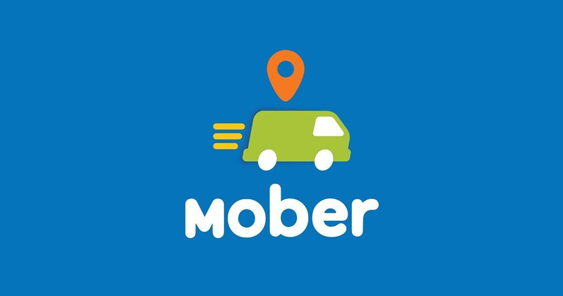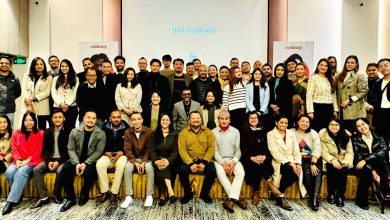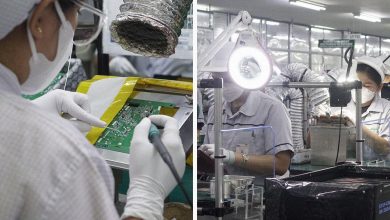By Dennis Ng
Though the late great Steve Jobs was idolized mainly for how he transformed consumer electronics, he also forever changed the retail store. Apple’s stores around the world introduced many innovations in the retail landscape: They did not have inventory or even cash registers. They had a “Genius Bar” where users could get help with their devices. And the products – the iPhones, the iPads, and the MacBooks – were almost pedestaled on the tables, like sculptures atop a marble base.
In short, Jobs obsessed as much over the customer experience as he did over products themselves. His motivation for Apple’s unique retail stores may have been intuitive to him, but it’s one that companies are increasingly realizing to this day: The manner in which a customer receives a product shapes profoundly how he thinks and feels about it. That’s why the scope of customer experience is expanding even further: If brands once only cared about the packaging their product comes in, now they’re having to think about every customer touch point along the value chain.
In the Philippines, not enough brands are buying into this idea. I see it most often when doing my own personal shopping online. Reviews, as we all know, tend to cluster around two poles – buyers are either really happy, or buyers are really disappointed – as strong emotion is what gets someone to take the time to review something. What I’ve observed is that about half the reviews pertain directly to the product, while the other half relates to the customer experience. For the latter, most often the product arrives earlier than expected, resulting in an appreciative customer, or it gets to them significantly later, resulting in an angry customer. This ratio is surprising when you think about it: As an entrepreneur, you spend so much time obsessing over your product, but a significant portion of customer satisfaction is not derived from its features, its aesthetics, or even its price, but simply whether it lands on their doorstep within what they think is an acceptable time frame.
My observations have even been validated by one furniture chain who eventually partnered with Mober, the on-demand logistics platform I founded in 2015. This brand was provided a social listening report by their digital marketing agency that segmented comments into three categories – positive sentiment, neutral sentiment, or negative sentiment. The distribution between the three resembled a gradual upward slope: There were a few positive sentiments, some neutral sentiments, and many negative sentiments.
Outside of a few outliers, this furniture chain found that there was a close correlation between extreme sentiments – be it positive or negative – and delivery time. Positive comments most often mentioned a shorter delivery time of two to four days, while negative comments most often complained about a longer deliver time between one and two weeks. Neutral comments were most often about other aspects of their products or the company.
Based on this discovery, there was a clear path toward improving customer satisfaction: If they improved delivery time, they would get happier customers. They would be “delivering happiness” in the immortal words of Zappos founder Tony Hsieh. While this was a simple formula, they did not have the capacity to fulfill it – the very reason that their response time could vary between as short as two days to as long as two weeks was because their in-house fleet of delivery trucks was stretched. Logistics was not this company’s core expertise, and so they did not know how to optimize their delivery schedules, their cargo, or their routes for prompt delivery to customers.
This furniture brand turned to Mober for assistance, and we enabled them to offer same-day delivery to their customers. If someone bought a couch from their store that morning, they would receive it on their doorstep that afternoon. This is the true meaning of the on-demand economy: You get it when you want it. While we could not amend the negative past comments, they were soon subsumed by a greater avalanche of positive comments that referred at least partially to same-day delivery. The discerning reader on the Facebook review section, for example, would see that the brand had made a concerted to change.
The lesson here – apart from availing of Mober for your same-day delivery needs (har har) – is that companies need to recognize that customers will evaluate their company, fairly or not, by the entire customer experience, not just their product. We are, after all, just people – it’s difficult to compartmentalize the product from the speed, condition, and manner in which arrives in our hands. As Filipino entrepreneurs, we must therefore internalize this idea: If we want to provide our customers with value, we must take ownership over the entire value chain.










